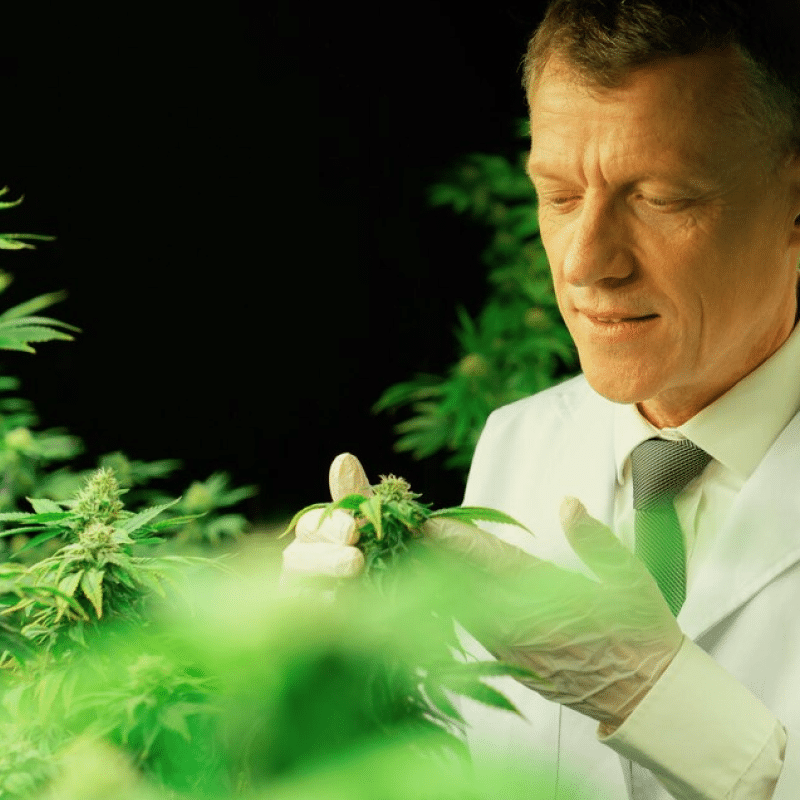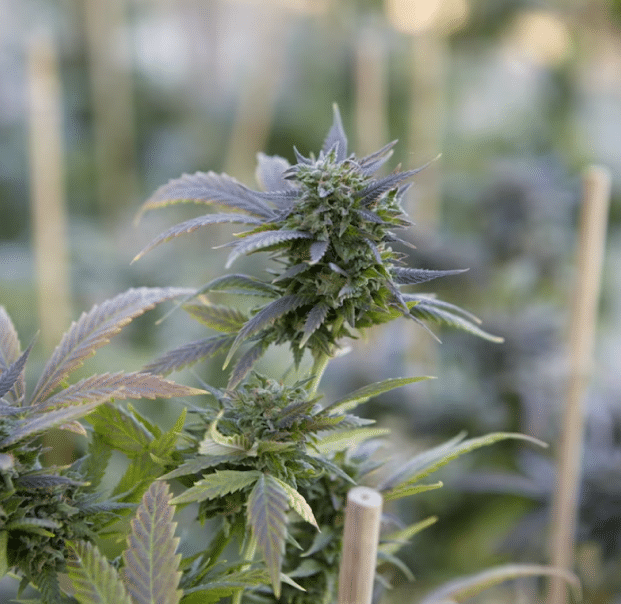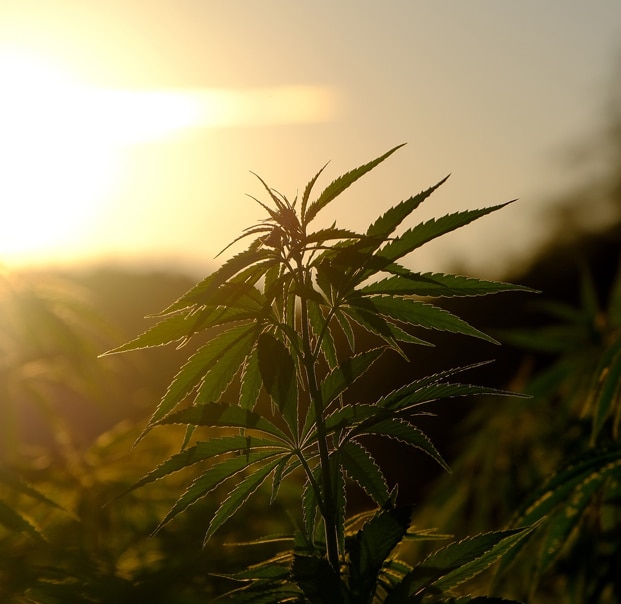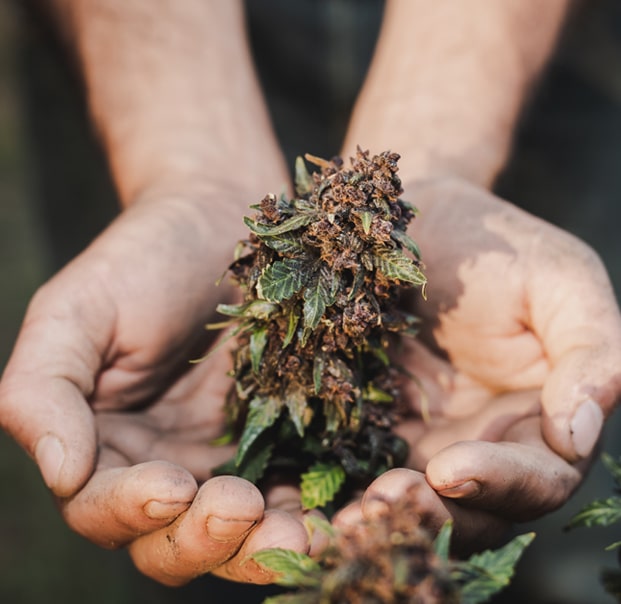Historical Context
If you’re eager to join this flourishing industry in the nation’s capital, you’re in the right place.
In this guide, we’ll walk you through the steps to obtain a cannabis license in Washington DC, providing you with the necessary information to navigate the licensing process successfully.
Regulatory Landscape Washington DC Cannabis Licenses
In Washington DC, cannabis licenses are regulated by the District of Columbia’s Department of Health (DOH) for medical cannabis and the Alcoholic Beverage Regulation Administration (ABRA) for recreational cannabis.
Setting up a medical marijuana dispensary in Washington D.C. requires careful planning and adherence to state regulations. Compliance with the Safe Cannabis Sales Act is non-negotiable for businesses seeking to operate legally in the cannabis industry.
- Cultivation centers are integral to the supply chain of medical marijuana, ensuring a consistent and quality product for patients.
- Understanding the medical marijuana process is essential for navigating the application for a business license. Medical marijuana dispensaries are crucial to provide access to patients who rely on cannabis for therapeutic purposes.
- Securing a courier license allows businesses to provide convenient delivery services to customers within the regulatory framework.
- A testing laboratory license is necessary to ensure the safety and quality of cannabis products sold to consumers.
Note that you must be mindful of the proximity to sensitive areas such as a school or recreational center when selecting a location for your cannabis business. Staying informed about municipal regulations ensures that your cannabis business remains in good standing with local authorities.
Washington DC, offers various license types, including cultivation licenses for growing cannabis, manufacturing licenses for producing cannabis-infused products, distribution licenses for wholesale transportation, and retail licenses for direct sales to consumers.
Note: As of now, there’s a hiatus on the processing of retail license applications in Washington DC Keep checking the DOH and ABRA official websites for more updates.
Each license type has specific application processes and requirements, ensuring compliance with the regulatory framework surrounding cannabis licensing in the region.
Types of Cannabis Licenses in Washington DC
Cultivation Licenses
Permits for growing cannabis, with various tiers based on facility size and growing conditions.
Manufacturing Licenses
Allows for processing cannabis into various products, including extracts and edibles.
Retail Licenses
Enables the operation of dispensaries and delivery services for medical and/or recreational use.
Distribution Licenses
Required for transporting cannabis products between licensed facilities.
Cultivation Licenses
Note: Not all states require a separate distribution license. In some markets, cultivators and manufacturers can transport their own products directly to retailers.
Back to the TopManufacturing Licenses
Note: Not all states require a separate distribution license. In some markets, cultivators and manufacturers can transport their own products directly to retailers.
Back to the TopRetail Licenses
Note: Not all states require a separate distribution license. In some markets, cultivators and manufacturers can transport their own products directly to retailers.
Back to the TopDistribution Licenses
Note: Not all states require a separate distribution license. In some markets, cultivators and manufacturers can transport their own products directly to retailers.
Back to the TopHow to Obtain a Cannabis License in Washington DC
Research and Prepare
Before applying for a cannabis license in Washington DC, it is crucial to conduct thorough research to understand the specific requirements and criteria set by the regulatory bodies. Start by reviewing the guidelines and regulations provided by the District of Columbia’s Department of Health (DOH) for medical cannabis licenses or the Alcoholic Beverage Regulation Administration (ABRA) for recreational cannabis licenses.
Pay close attention to eligibility criteria, which includes residency requirements, age restrictions, and background checks. Ensure that you meet all the necessary qualifications before proceeding with the application process.
Also, familiarize yourself with the application timeline and any associated fees. Understand the deadlines for submitting applications, as missing them could delay or jeopardize your chances of obtaining a license. Gather required documentation that must be submitted during the application process.
If you’re new, consider seeking legal or professional advice to guide you through the process. Consulting with experts, or getting your business backed by adequate insurance in Washington DC can provide valuable insights and increase your chances of meeting all the requirements.
Remember that the cannabis licensing process can be complex and competitive, so thorough research and preparation are essential to navigate the regulatory landscape effectively and maximize your chances of obtaining a cannabis license in Washington DC
Develop a Solid Business Plan
Creating a solid business plan is essential for obtaining a cannabis license in Washington DC Tailor your plan to the local cannabis market, including market analysis, financial projections, security measures, and compliance strategies.
Conduct thorough research on consumer preferences, competitors, and market trends to inform your strategy. Include detailed financial projections to demonstrate the viability and profitability of your business. Develop a robust security plan to ensure compliance with regulations and protect your operations.
Seek professional assistance or consulting services to ensure your business plan meets the specific requirements of Washington DC’s licensing authorities. A well-developed business plan demonstrates your readiness and commitment to operating a successful and compliant cannabis business in Washington DC
Assemble the Necessary Documentation
Assembling the necessary documentation is a crucial step when applying for a cannabis license in Washington DC To ensure a smooth application process, you will need to gather various documents specific to the requirements of the licensing authorities.
Some of the essential documentation includes proof of identification and residency in Washington DC to establish your eligibility. You will also need to provide proof of financial stability and funding sources, demonstrating your ability to meet the financial requirements of operating a cannabis business.
If you have secured a property for your business, you will need to submit property and lease agreements that comply with Washington DC regulations. Developing a comprehensive security plan is vital, outlining measures such as surveillance systems, access control, and protocols for securing cannabis products and cash.
In addition, you should prepare Standard Operating Procedures (SOPs) that align with Washington DC regulations. These SOPs should cover various aspects of your operations, such as cultivation, manufacturing, or retail, and include details on inventory management, quality control, sanitation, and employee training.
Furthermore, ensure compliance with employment and labor laws by providing relevant documents, including employment agreements, workers’ compensation coverage, and information about employee benefits.
It is important to note that this is not an exhaustive list, and the specific documentation requirements may vary based on the license type and the regulatory authority overseeing the application process.
Refer to the official guidelines provided by the District of Columbia’s Department of Health (DOH) or the Alcoholic Beverage Regulation Administration (ABRA) for comprehensive and up-to-date information on the required documentation for obtaining a cannabis license in Washington DC.
Submitting the Application
When submitting your application for a cannabis license in Washington DC., it’s essential to focus on several key aspects to ensure a successful submission:
- Review the application requirements: Thoroughly read the guidelines provided by the licensing authorities, such as the District of Columbia’s Department of Health (DOH) or the Alcoholic Beverage Regulation Administration (ABRA). Understand the specific documentation, forms, and deadlines required for your license type.
- Prepare accurate and complete documentation: Gather all required documents, ensuring they are up to date and accurate. This includes proof of identification and residency, financial stability documentation, property agreements (if applicable), security plans, standard operating procedures (SOPs), and employment compliance documents.
- Showcase your qualifications and experience: Use the application to highlight your qualifications, experience, and expertise in the cannabis industry. Demonstrate your commitment to compliance, responsible operations, and your understanding of the Washington DC market. Emphasize how your business will positively impact the community and contribute to the local economy.
- Pay attention to detail: Accuracy and attention to detail are crucial. Double-check all forms and documents for completeness and correctness. Proofread your application thoroughly to eliminate any errors or inconsistencies.
- Seek professional assistance: Consider working with professionals or consultants who specialize in cannabis licensing. They can provide guidance, review your application for completeness, and offer valuable insights to improve your chances of success.
- Address social equity considerations: If applicable, outline any social equity initiatives your business will undertake. Emphasize your commitment to diversity, inclusion, and providing opportunities to underrepresented communities in the cannabis industry.
- Follow-up and communication: Maintain open lines of communication with the licensing authorities. Respond promptly to any inquiries or requests for additional information. Stay informed about the progress of your application and be prepared to provide any necessary updates or clarifications.
Note: Keep in mind that a well-prepared and compelling application that demonstrates your qualifications, experience, and commitment to compliance and responsible operations can significantly enhance your chances of obtaining a cannabis license in Washington D.C. Take your time, pay attention to detail, and submit your application with confidence.
Payment and Fees
Note: Fee structures are subject to change. Consult the official Washington DC cannabis regulatory website for current fee schedules.
Application Fees
The application fee covers the initial costs associated with processing and reviewing cannabis business license submissions in Washington DC. These fees vary depending on the type of license and the size of the proposed operation. It’s essential to ensure all application materials are complete and accurate to avoid delays or additional costs.
License Fees
License fees are required to maintain compliance and secure operating privileges for cannabis businesses in Washington DC. These fees are determined based on the license type, such as retail, cultivation, or distribution, and are typically due annually. Staying current with license payments is crucial to avoid penalties or disruptions in business operations.
Application Review and Compliance Inspection
After submitting your application for a cannabis license in Washington DC, the subsequent steps include application review and compliance inspections. The application review timeline typically spans several months, requiring ongoing communication and prompt response to inquiries or requests for additional information.
Following the review, compliance inspections ensure adherence to Washington DC regulations. To prepare, thoroughly understand the regulations, conduct internal audits, and train staff on compliance protocols. Maintain open communication with the licensing authorities and demonstrate organization by keeping all documents accessible.
Ongoing compliance is vital, so regularly review and update operations while staying informed about regulatory changes. These efforts increase your chances of a successful application and navigate compliance inspections effectively.
Remaining Compliant with Washington DC Regulations
Maintaining compliance with Washington DC regulations is crucial for the long-term success of your cannabis business. Stay informed about the latest regulations issued by the District of Columbia’s Department of Health (DOH) or the Alcoholic Beverage Regulation Administration (ABRA).
Familiarize yourself with specific compliance requirements such as record-keeping, security measures, product testing, labeling, and employee training.
Develop robust protocols and systems to meet these requirements and conduct regular internal audits to identify and address any compliance gaps. Keep accurate records, submit required reports on time, and maintain open communication with regulatory authorities.
Risk and Compliance Factors From AlphaRoot
The cannabis industry, while burgeoning with opportunities, is not without its complexities and inherent risks. Understanding and mitigating these risks is crucial for long-term success. AlphaRoot, a prominent insurance and risk management firm specializing conduct business in the cannabis sector, sheds light on the key risk and compliance factors
1. Regulatory and Legal Risks
Labyrinthine Regulations The cannabis industry is highly regulated, and compliance with state and local laws is paramount for cannabis establishments. Navigating the intricate web of regulations, which can vary significantly from one jurisdiction to another, poses a substantial challenge for cannabis establishments. Failure to comply can result in fines, license revocation, or legal consequences.
Federal Ambiguity Cannabis remains illegal at the federal level in the United States, despite state-level legalization of recreational marijuana. This dichotomy creates uncertainties and exposes businesses that sell recreational marijuana here to potential federal enforcement actions.
2. Financial Risks
Cash-Intensive Operations Due to federal banking restrictions, many cannabis businesses operate primarily in cash. This not only presents security risks but also complicates financial management and taxation.
Taxation Challenges Cannabis businesses face unique tax challenges, including limitations on deductions and potential audits. Understanding and complying with tax regulations is essential to avoid financial penalties.
3. Security Risks
Theft and Robbery Cannabis businesses are susceptible to theft and robbery due to the high value of their products. Implementing robust security measures at a marijuana cultivation facility, including surveillance systems and secure storage, is vital to mitigate these risks.
Cybersecurity As with any industry, cannabis businesses are vulnerable to cyberattacks. Protecting sensitive customer data and business information is critical.
4. Product Liability and Quality Control
Product Liability Claims Ensuring the safety and quality of cannabis products is crucial to prevent product liability claims. Contaminated or mislabeled products can lead to legal and financial repercussions.
Testing and Quality Assurance Collaborating with reputable independent testing laboratory and facilities, as required by regulations, is essential to verify the safety and potency of cannabis products. Consistent quality control is essential to maintain consumer trust.
5. Market Competition and Volatility
Saturated Markets in regions with a high concentration of cannabis businesses, competition can be fierce. Navigating market saturation requires effective differentiation and marketing strategies.
Price Volatility The price of cannabis products can fluctuate significantly, impacting profitability. Businesses must adapt to market dynamics and price changes.
6. Environmental and Sustainability Concerns
Resource Intensity Cannabis cultivation and processing can be resource-intensive, including water and energy consumption. Businesses need to address sustainability concerns and adhere to environmental regulations.
Waste Management Proper waste disposal and recycling practices are essential to minimize environmental impact and meet regulatory requirements.
7. Talent and Workforce Challenges
Talent Shortages the cannabis industry often faces challenges in recruiting and retaining qualified personnel due to its specialized nature. Employee turnover can disrupt operations.
Training and Compliance Businesses must invest to ensure employees are well-informed about compliance and safety protocols.
About the Author

AlphaRoot Team
The AlphaRoot marketing team are seasoned experts with deep knowledge of the cannabis industry. Our informative articles help cannabis businesses thrive in a competitive landscape. From compliance to insurance tips, we’re dedicated to providing advice tailored to your needs.




![Cannabis D&O Insurance: Do Private Canna-Businesses [Really] Need It?](https://alpharoot.com/wp-content/uploads/2023/08/Cannabis-DO-Insurance.png)
